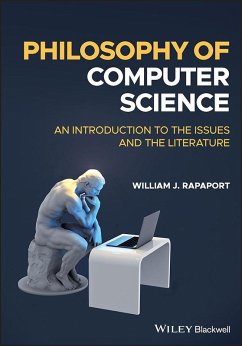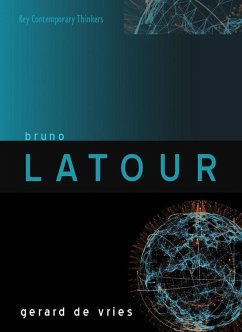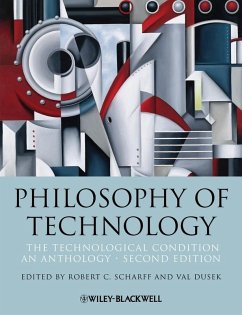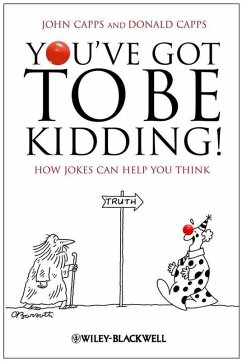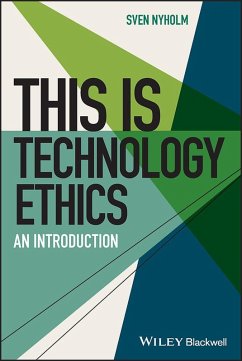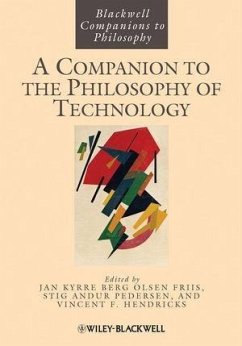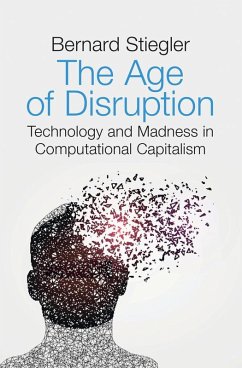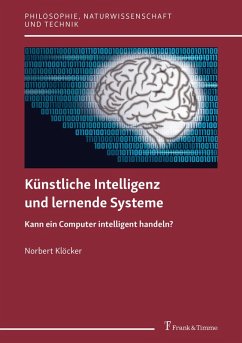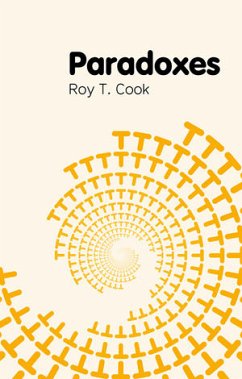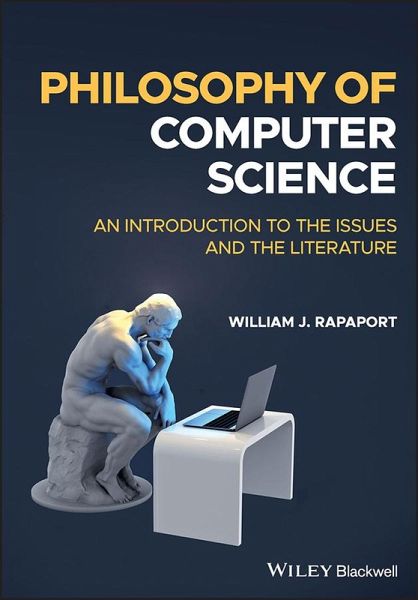
Philosophy of Computer Science (eBook, PDF)
An Introduction to the Issues and the Literature
Versandkostenfrei!
Sofort per Download lieferbar
34,99 €
inkl. MwSt.
Weitere Ausgaben:

PAYBACK Punkte
0 °P sammeln!
A unique resource exploring the nature of computers and computing, and their relationships to the world. Philosophy of Computer Science is a university-level textbook designed to guide readers through an array of topics at the intersection of philosophy and computer science. Accessible to students from either discipline, or complete beginners to both, the text brings readers up to speed on a conversation about these issues, so that they can read the literature for themselves, form their own reasoned opinions, and become part of the conversation by contributing their own views. Written by a hig...
A unique resource exploring the nature of computers and computing, and their relationships to the world. Philosophy of Computer Science is a university-level textbook designed to guide readers through an array of topics at the intersection of philosophy and computer science. Accessible to students from either discipline, or complete beginners to both, the text brings readers up to speed on a conversation about these issues, so that they can read the literature for themselves, form their own reasoned opinions, and become part of the conversation by contributing their own views. Written by a highly qualified author in the field, the book looks at some of the central questions in the philosophy of computer science, including: * What is philosophy? (for readers who might be unfamiliar with it) * What is computer science and its relationship to science and to engineering? * What are computers, computing, algorithms, and programs?(Includes a line-by-line reading of portions of Turing's classic 1936 paper that introduced Turing Machines, as well as discussion of the Church-Turing Computability Thesis and hypercomputation challenges to it) * How do computers and computation relate to the physical world? * What is artificial intelligence, and should we build AIs? * Should we trust decisions made by computers? A companion website contains annotated suggestions for further reading and an instructor's manual. Philosophy of Computer Science is a must-have for philosophy students, computer scientists, and general readers who want to think philosophically about computer science.
Dieser Download kann aus rechtlichen Gründen nur mit Rechnungsadresse in D ausgeliefert werden.




